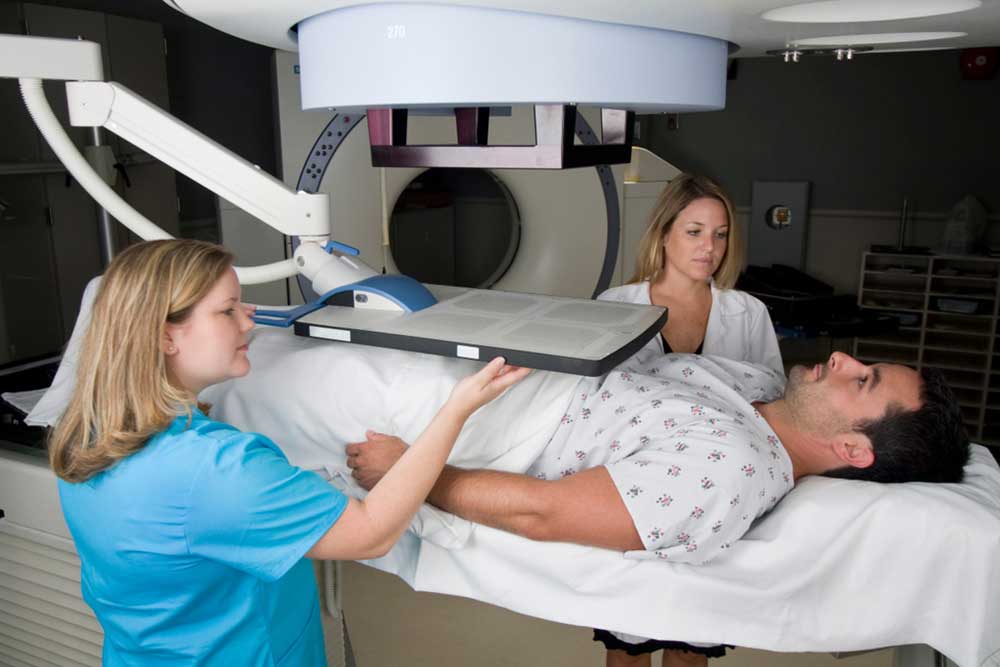Innovative Approaches for Managing Advanced Prostate Cancer: A Comprehensive Guide
This comprehensive article explores the latest strategies for managing advanced prostate cancer, including hormone therapy, surgical options, emerging treatments, and holistic care approaches. It emphasizes the importance of personalized treatment plans and multidisciplinary support to improve patient outcomes and quality of life. Staying informed about innovative therapies can help patients achieve better disease control and longevity.

Innovative Approaches for Managing Advanced Prostate Cancer: A Comprehensive Guide
Prostate cancer, a significant health concern among men worldwide, originates in the prostate gland—a walnut-sized organ located beneath the bladder and surrounding the urethra. This gland plays a vital role in producing seminal fluid, which sustains sperm and facilitates ejaculation. In the early stages, prostate cancer may be asymptomatic, but as it progresses, it can spread aggressively to nearby bones, spinal regions, and pelvic tissues, categorizing it as advanced or metastatic prostate cancer. Managing this advanced stage requires a multi-faceted approach, focusing on symptom control, slowing disease progression, and enhancing quality of life for patients.
The prognosis for distant-stage prostate cancer remains challenging, with a five-year survival rate around 29%, especially when the disease has extensively spread to bones and vital organs. Despite this grim statistic, advancements in medical science have introduced several effective therapies designed to control symptoms and mitigate disease progression. These innovations are transforming the treatment landscape and offering renewed hope for patients diagnosed at an advanced stage. Here, we explore some of the most prevalent and promising treatment strategies currently available.
Hormone Therapy: A Cornerstone in Managing Advanced Prostate Cancer
One of the primary treatment modalities for advanced prostate cancer involves hormone therapy, also known as androgen deprivation therapy (ADT). Since testosterone—a male hormone—significantly influences prostate cancer cell growth, reducing its levels can effectively slow tumor progression and reduce symptoms. Hormone therapy works by either surgically or medically suppressing testosterone production, thereby depriving cancer cells of the hormone they need to grow. This approach is particularly useful in controlling disease symptoms and delaying progression, often extending survival timelines.
Medications such as luteinizing hormone-releasing hormone (LHRH) agonists and antagonists are commonly used to lower testosterone levels. They act by signaling the pituitary gland to reduce luteinizing hormone production, which in turn suppresses testosterone synthesis in the testes. Despite their effectiveness, hormone therapy can induce several side effects, including sexual dysfunction, hot flashes, fatigue, decreased bone density leading to osteoporosis, and cardiovascular risks. Patients undergoing hormone therapy require regular monitoring and supportive care to manage these adverse effects effectively.
Surgical Interventions: When Medication Isn't Enough
In certain cases, especially when hormone therapy alone isn't sufficient to control disease progression, surgical options can be considered. Surgical procedures aim to reduce testosterone levels or remove tumor burden directly. One such operation is salvage prostatectomy, where the entire prostate gland is surgically removed. Though more commonly performed in localized disease, salvage prostatectomy may be an option for select advanced cases, with careful patient selection.
Another surgical approach involves bilateral orchiectomy, or castration, which entails the removal of the testicles—primary sites of testosterone production. This procedure rapidly decreases testosterone levels and offers a cost-effective alternative to medication, with the added benefit of permanent hormone suppression. Prosthetic testes can be used to maintain physical appearance, which can be important for psychological well-being. Surgical interventions often work best when combined with other therapies and supportive lifestyle modifications such as diet, exercise, and bone health management.
Beyond these primary strategies, emerging therapies and clinical trials are continually expanding the arsenal against advanced prostate cancer. These include targeted therapies, immunotherapies, and novel drug delivery systems that aim to attack cancer cells more precisely, minimize side effects, and improve overall survival. Moreover, personalized medicine approaches, where treatment is tailored based on genetic and molecular tumor profiling, are gaining momentum, promising even more effective and individualized care in the near future.
It is essential for patients with advanced prostate cancer to have a comprehensive treatment plan developed by a multidisciplinary team of healthcare providers. This team typically includes urologists, oncologists, endocrinologists, radiologists, and supportive care specialists. Regular monitoring through PSA testing, imaging, and symptomatic assessment is crucial to evaluate treatment efficacy, detect disease progression early, and adjust therapies accordingly.
Psychosocial support, nutritional counseling, and palliative care services are integral components of holistic management, helping patients cope with the physical and emotional challenges associated with advanced cancer. Lifestyle modifications, such as engaging in weight-bearing exercises, ensuring adequate calcium and vitamin D intake, and avoiding smoking and excessive alcohol, can also contribute positively to overall health and treatment outcomes.
In conclusion, although advanced prostate cancer remains a formidable health challenge, recent developments in treatment strategies have significantly improved disease management. Hormone therapy and surgical procedures continue to be mainstays, complemented by innovative therapies emerging from ongoing research. Patients are encouraged to seek specialized care, stay informed about cutting-edge treatments, and maintain a proactive approach to their health to optimize their quality of life and prognosis.





